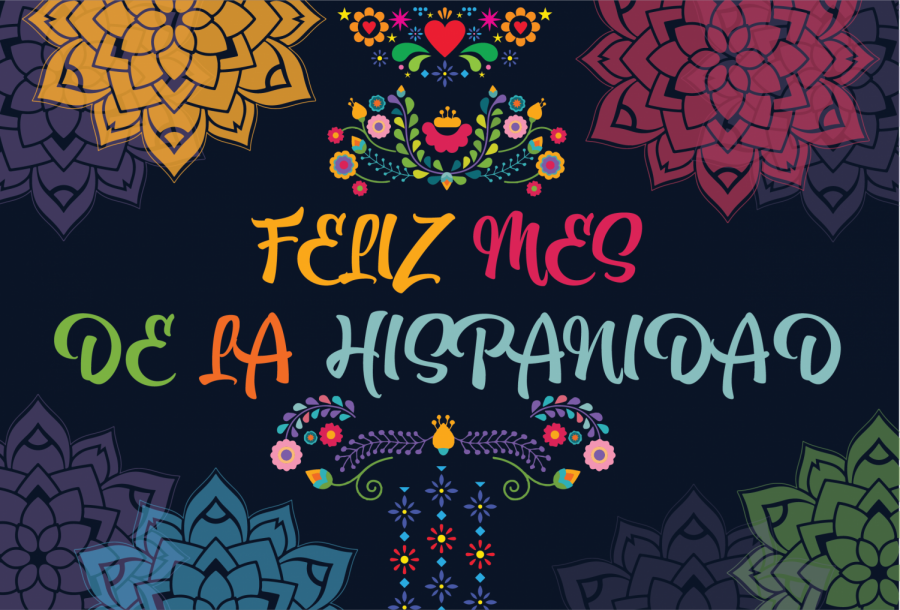Hispanic Heritage Month shines light on culture, history
September 27, 2021
As Hispanic people immigrate to the U.S. they bring their own unique culture, language and history. However, despite 18.5% of people in the U.S. being Hispanic, according to the Census Bureau, it can be difficult to find information about Hispanic culture and history.
Hispanic Heritage Month was created to help spread awareness about Hispanic culture and history. It was originally only one week long and its observation started in 1968 under President Lyndon Johnson, according to National Hispanic Heritage Month.
However, it was expanded in 1988 by President Ronald Reagan in order to fully to celebrate and spotlight the achievements and significance of Hispanic and Latin American people in the U.S.
Unlike other months that celebrate different groups, Hispanic Heritage Month begins and ends in the middle of a month, starting on Sept. 15 and ending on Oct. 15.
Starting the celebration here allows the month to coincide with the independence days of many Latin-American countries. Guatemala, Honduras, El Salvador, Nicaragua and Costa Rica celebrate their Independence Day on Sept. 15 with Mexico following on the 16th, Chile on the 18th and Belize on the 21st, according to the U.S. Department of Education.
Throughout this month there are many different celebrations and forums to educate the public on the history and culture of Hispanic people.
This gives a chance for all Hispanic people to get the representation that they usually would not have.
Madison Hernandez, a senior political science major, feels the representation Hispanic Heritage Month provides is important.
“As someone who may not look traditionally or stereotypically Hispanic, it is excellent to see representation of Hispanic people who look like me,” Hernandez said. “This month allows Hispanic/Latinx people of all colors, shapes and sizes to celebrate the rich character of the cultures they or their families are from.”
However, there is some controversy regarding Hispanic Heritage Month. Some Latin Americans would like the month’s name to be changed from Hispanic Heritage Month to Latinx Heritage Month. They feel that the term “Hispanic” was given to them by the U.S. government and they would like something different.
The term Latino or Latinx is used to describe someone from a Latin American country, while the term Hispanic is used to describe someone who comes from a country with Spanish-speaking origins, according to Yes Prep Public Schools. So someone from Brazil can be characterized as Latino but not as Hispanic, and someone from Spain can be described as Hispanic but not as Latino.
Those who wish to change the name of this month-long celebration feel Latinx should be used because it is a gender-inclusive term that represents the culture. However, Latinx is not a popular term.
According to Pew Research, only 23% of Americans who identify as Hispanic or Latino have heard of the term Latinx and only 3% use it.
Ignacio Arellano, a Spanish professor, said he is unsure as to what terms best fits as they are still widely controversial and debated.
“I think that’s a matter of how we use words. I’m not sure if Hispanic is only about language and Latin is only about geography,” Arellano said. “Some people say this is Americans trying to colonize our terms. Some people say no, this is inclusive. We should use it. I am okay with either, and I respect everyone’s opinion.”
While ULM has yet to do anything to celebrate the month, celebrations have begun nationally. President Biden held a forum with his four Hispanic cabinet members on how to increase diversity and representation on the national stage. In Biden’s words, “Hispanic history is American history.”



